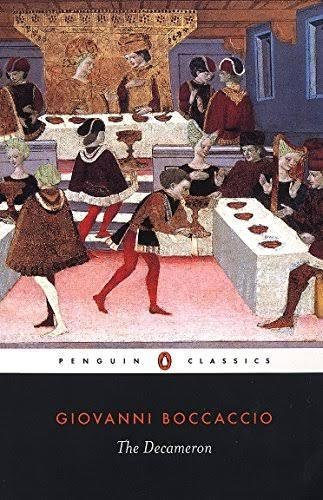No data to show
Citeste mai mult
Giovanni Boccaccio's "Federigo's Falcon," a poignant tale from Day Five of The Decameron, explores the profound depths of love and sacrifice in the face of shifting fortunes. This review will delve into how the narrative, seemingly simple, masterfully employs literary devices to illuminate themes of generosity, true nobility, and the surprising turns of fate, ultimately arguing that genuine...

In modern infrastructure design, selecting the right outdoor electrical distribution panel plays a key role in ensuring safety, organization, and smooth operation. As outdoor installations become increasingly common in both urban and remote locations, more project managers and contractors are turning to reliable manufacturers to meet stringent performance needs. Panels that can stand up to...

Exploring Modern Innovations in a Candy Machinery Factory A candy machine factory plays a vital role in the development and evolution of the confectionery industry. From traditional hard candy lines to automated milk candy machines and lollipop production systems, these factories serve as the backbone of sweet manufacturing by delivering essential processing equipment. As consumer demand for...

Introduction: Giovanni Boccaccio’s The Decameron is a collection of stories that often use humor, irony, and satire to explore human nature, love, and morality. Among its most provocative tales is the story of Alibech and Rustico, told on the third day by Pamfilo. This tale humorously subverts religious ideals by mixing spiritual devotion with sexual awakening, resulting in a...

Why Wall Panel Color Matters More Than You ThinkIn interior design, walls are more than a backdrop—they set the tone for the entire room. Choosing the right wall panel color can enhance the ambiance, enlarge the visual space, and tie together all surrounding elements. A trusted Wall Panel Factory knows that color selection isn’t about picking what’s trendy, but what fits...



